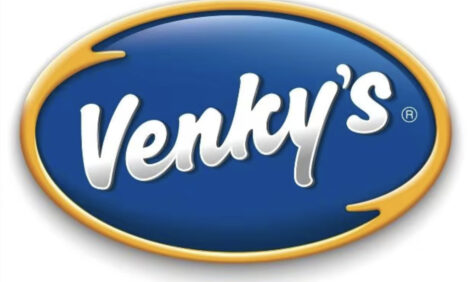



Philippines set to develop local duck industry
PHILIPPINES - The Philippines is focusing its efforts on promoting and developing the local duck industry. Philippine Department of Agriculture (DA) will be collaborating with the industry's players, the private sector and the academe to formulate measures to further enhance the local duck industry.
"This is a big boost to the industry players since the duck industry is fragmented and is facing several difficulties. We are very thankful that the DA is now very active in the affairs of the duck industry especially in helping us organize ourselves," according to Benedicto Tope, a feed miller and a founding member of Duck Industry Association of the Philippines, Incorporated (DIAPI).
Tope said the duck industry is facing several problems such as low productivity, lack of industry organization, high cost of feeds, lack of policies directly supporting duck production, and limited financial support for the research and development (R&D) for ducks, among others.
To address these problems, the Livestock Development Council (LDC) conducted a Luzon-wide Duck Industry Conference and a series of workshops to assess and develop strategies for the industry.
LDC executive director Pedro Ocampo said that a Duck Industry Roadmap is now being finalized which includes plans to develop and modernize the duck industry; with new methods of production and processing to cope up with the local demand and future export market.
Ocampo said that LDC has studied the supply chain of ducks to maximize benefits to producers in every stage, from production, post production and marketing. The supply chain will likewise help identify focused government intervention for the industry.
There are three priority activities that are now being done to develop the industry -- genetic improvement, promotion of the industry, and organization of the industry.
Genetic improvement will answer the problem of low and declining productivity due to continuous in-breeding. Tope said they are now in the initial stage of breed purification. This involves selection through physical characteristics to be able to identify the prolific egg producers.
To stimulate demand of ducks and duck products, another major activity will be the promotion of the duck industry through aggressive information dissemination.
Tope said the industry players want to educate the public on the nutritional value of duck eggs and processed duck egg products. For the first time, duck industry players will join in the 4th Egg Show to be held at SM Megamall on February 11-13.
Meanwhile, the DIAPI is now in the process of completing the association's registration with the Securities and Exchange Commission (SEC). The group is now also affiliated with the Egg Board of the Philippines.
"Our goal now is to organize duck industry players nationwide," Tope said.
With these recent developments in the industry, Agriculture Secretary Arthur Yap said the country's ducks and duck products now have bigger opportunities in the world market.
He said export markets are open to processed duck meat products including pressed dried duck, meat balls, smoked duck, duck meat patty and dried duck meat.
Moreover, there is a growing demand for other duck by-products such as duck feathers which are used as fillings for thermal clothes and shuttlecocks for badminton. On the other hand, live ducks are used to control weeds and snails in rice fields and orchards.
Source: eFeedLink - 8th February 2005









